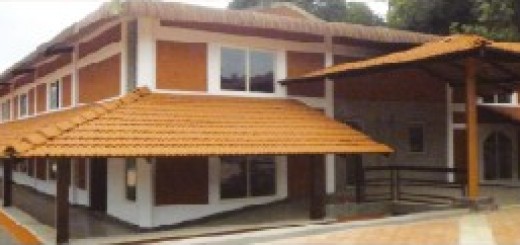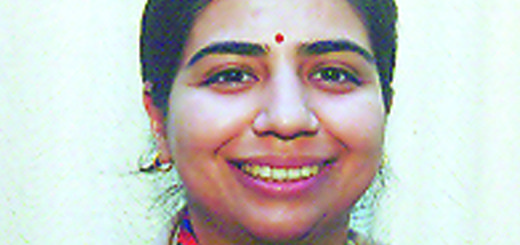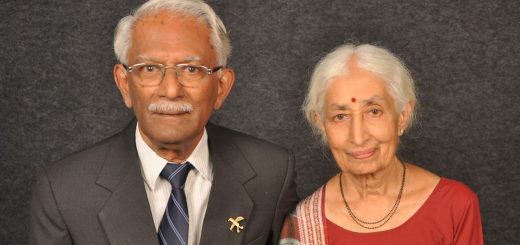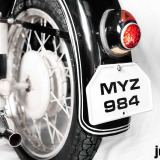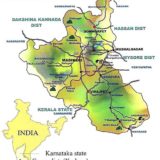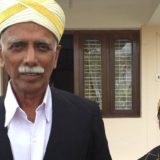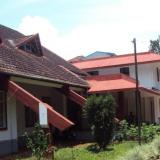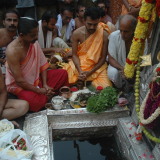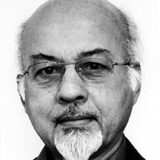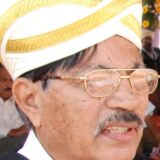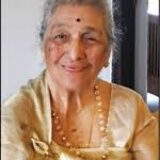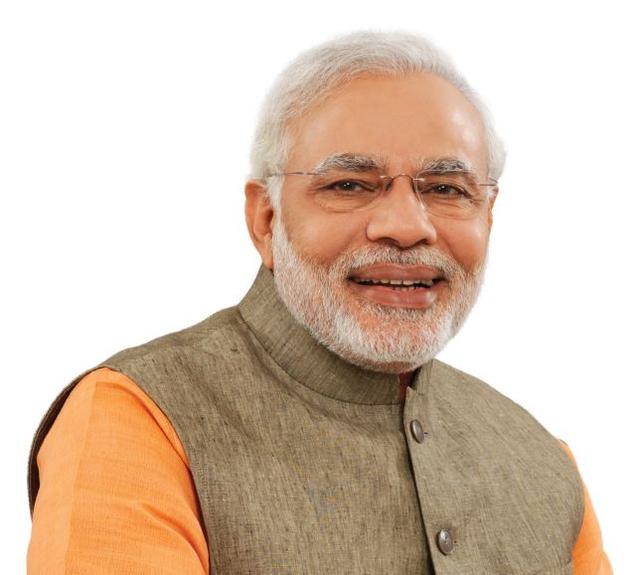
By P.T. Bopanna
By continuing the exemption given to Kodavas (Coorgs) in Karnataka to own guns without licence, the BJP government at the Centre has recognised the centrality of arms worship in the religious and cultural practices of the Kodavas.
The Kodavas are the only community in India who are exempted from obtaining arm licenses.
Though the privilege has been enjoyed by the Coorgs for more than 150 years since the times of the British, what prompted the Modi government to continue the privilege was the fact that guns were seldom misused by the community in crimes or anti-national activities.
The Union Home ministry recently extended the special provision that exempts the community from getting a gun license till October 31, 2029.
This applies to any person who is ‘Coorg by race’ and all Jamma land holders in Kodagu.
“The arms or ammunition carried or possessed by any person being Coorg by race and every Jamma tenure holder in Coorg and herein exempted whilst residing or travelling outside the district of Coorg shall not exceed one rifle with 100 rounds of ammunition for the same and one smooth bore breech or muzzle loading gun with 500 cartridges or the equivalent in leaden shot and gunpowder,” according to the order issued through gazette notification on October 29.
It is an open secret that the entire exercise to strip the privilege enjoyed by the Kodavas was masterminded by a prominent BJP politician to gain the votes of Arebashe Gowdas, by pitting them against the Kodavas.
A petition filed in the Karnataka High Court in 2015, which was revived subsequently in 2018, by one Capt Chethan Y.K. who argued that the exemption amounted to discrimination on the basis of caste.
When the matter came up before a Division Bench comprising Chief Justice Abhay Shreeniwas Oka and Justice Mohammad Nawaz during the hearing, the Union government represented by the assistant solicitor general of India C. Shashikantha stated that the exemption granted since 1963 to certain class of people in Kodagu from obtaining licence to possess and carry firearms under the provisions of the Arms Act, 1959, was being reviewed along with the review of the entire Arms Act.
The assistant solicitor general of India informed the Bench that the home ministry had constituted a committee to review and suggest amendments to Arms Act, and the process had been initiated to secure the views of stakeholders.
The Union government statement noted there was no misuse of the exemption. The statement added that arms played a vital role in the religious and social customs of the Kodavas.
What weighed with the Union government while extending the privilege for 10 more years was the fact that the Kodavas worship weapons during the ‘Kailpodh’ festival and also taking into considering the cultural and religious sensitivities of the Kodava community.
Under the Kodava custom, soon after a baby boy is born, a single gunshot is fired in the air to mark the arrival of a warrior. Two simultaneous shots are fired to alert neighbours in the event of a death.
The special privilege to own firearms without license was granted to the Coorgs by the British in recognition of their martial traditions. This was continued after independence by a notification issued by the Union government in 1963 which exempted “every person of (the) Coorg race and every Jamma land tenure holder in Coorg” from the Indian Arms Act. There was no curb on the privilege even after Coorg, which was a separate state earlier, merged with Karnataka following the reorganisation of the states in 1956.
While granting exemption to the Kodavas in February 1861, the then Chief Commissioner of Coorg, Mark Cubbon, said in the notification : “In consideration of the exalted honour and loyalty characteristic of this little nation of warriors and in recollection of its conspicuous services in aid of the British government, it is my pleasing duty to notify hereby for general information, in virtue of the power vested in me by the government of India that provisions of the Arms Act, commonly called Disarming Act, are not applicable to the gallant people of Coorg.”
A proposal to do away with the privilege under the Arms Act was made way back in 1964 by the Central government. But the move was dropped, apparently at the behest of Field Marshal K M Cariappa and the then Union Minister C.M. Poonacha. The then Kodagu deputy commissioner, T. P. Issar, in his report, had said : “It is a well-known fact that the gun, the Odikathi (a small broad bladed sword) and the Peechekathi (a type of dagger) are as much a part of the life of a Coorg as the kirpan is for the Sikhs and the kukri for the Gurkhas. From my study of the old gazetteers and other books on the life and culture of Coorg and from my knowledge of their present day customs, I am in a position to bear out the truth of the arguments of the Coorgs that these arms are inseparably linked with many of their ceremonial occasions.”
“These examples have been given here to impress the point that withdrawal of the exemption will amount to creating difficulties in the observance of many of their rites and customs.”
“It will be very pertinent to state here that in spite of the freedom enjoyed by the people of Coorg in the possession and use of arms, their behaviour as citizens has been generally exemplary”.
In 1993, the Union government wanted to withdraw the unique privilege following reports that guns from Kodagu were reaching the Naxalites in Andhra Pradesh.
However, the Karnataka government informed the Centre that there has been no misuse of the privilege. The state government noted that two arms dealers had allegedly indulged in gun-running.
Subsequently, the state government tightened the procedure for giving exemption. Consequently, there has not been misuse of the privilege in the last two decades.
It is a well-known fact that Kodagu is a nursery of the Indian Army and the district has contributed a sizable number of locals to the defence services. To take away the privilege to spite the community by vested interests, is not in the interest of a pluralistic society.
Since there is already a rigid control in place to regulate the exemption, there is no need for further control as this could be counter-productive and give a handle to elements who are trying to undermine the Kodava community on account of political considerations.

